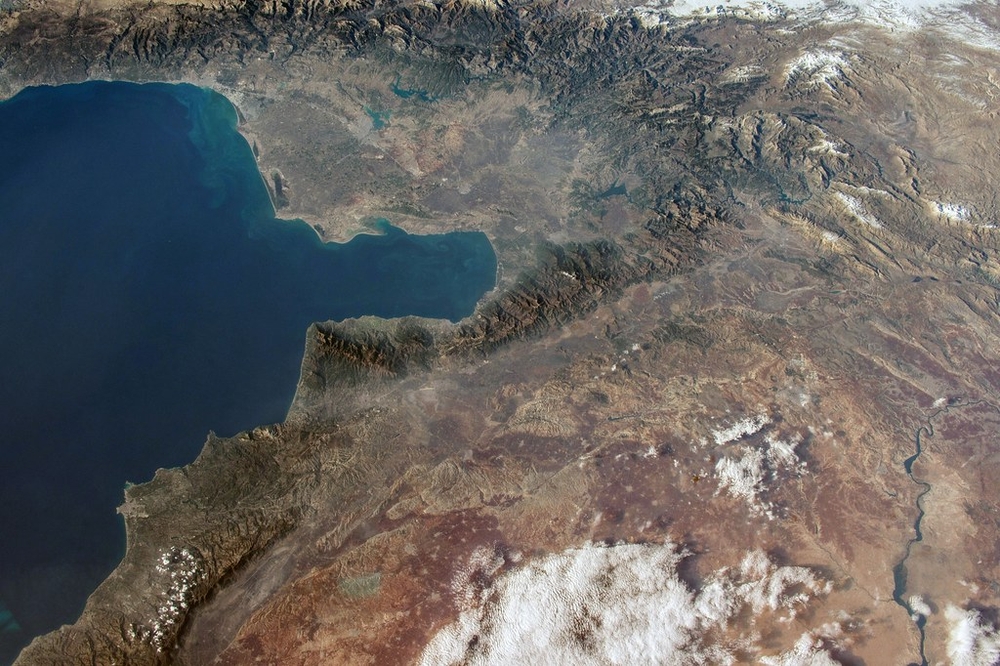Published
- 3 min read
Navigating New Alliances: Gulf States and Turkey in Post-Assad Syria

The Strategic Reset in Post-Assad Syria
The departure of Bashar al-Assad from Syria marks a watershed moment in the region, reshaping alliances and testing the resilience of Gulf countries and Turkey as they adjust to new political realities. While the collapse of Assad’s regime removes a long-standing regional adversary, it also presents complex challenges for Gulf states and Turkey as they chart a path forward in Syria’s reconstruction and governance.
Gulf States’ Realignment
The Gulf states, having pursued normalization with Assad over the past six years, are now recalibrating their approach. These countries had sought to balance Iran’s influence in Syria by engaging with Assad, only to find themselves in an uncertain position after his abrupt exit.
Diverging Gulf Strategies
- Saudi Arabia and the UAE: Traditionally champions of cautious diplomacy, these nations must now grapple with the implications of Assad’s fall on their long-term regional strategies. Riyadh’s efforts to supply oil and engage with Syria’s interim leadership signify a pragmatic shift, but the lack of a unified Gulf stance could undermine their collective influence.
- Qatar’s Vindication: Unlike its neighbors, Qatar had consistently opposed normalization with Assad. This steadfast approach, coupled with its support for opposition factions, positions Doha as a critical player in the new Syrian political landscape.
Turkey’s Emerging Dominance
Turkey emerges as the most influential external actor in Syria’s post-Assad era. Its strategic ties with opposition groups and significant military presence provide Ankara with a robust platform to shape Syria’s future.
Opportunities and Risks for Turkey
- Enhanced Leverage: Turkey’s proximity to Syria and its role in facilitating talks between major powers make it indispensable in stabilizing the region. By aligning its goals with Gulf nations, Turkey can amplify its influence while sharing the burdens of reconstruction.
- Challenges Ahead: However, Ankara faces the dual challenge of managing internal opposition to its Syria policy and navigating tensions with Iran, which remains deeply invested in preserving its foothold in the region.
The Iran Question
The fall of Assad is undoubtedly a setback for Iran, disrupting its strategic corridor through Syria to Lebanon. Nevertheless, Tehran is unlikely to relinquish its ambitions in the region without resistance. For the Gulf states and Turkey, containing Iran’s influence will require coordinated efforts, particularly in areas like economic aid, military oversight, and political mediation.
Reconstruction: A Test of Commitment
Syria’s reconstruction presents a monumental task, demanding extensive financial resources and robust political will. While Gulf states possess the financial clout to drive these efforts, their success hinges on their ability to collaborate effectively with Turkey and other stakeholders.
Key Areas of Focus
- Infrastructure Development: Rebuilding Syria’s devastated cities will require international support, with Gulf states likely to play a leading role in funding large-scale projects.
- Inclusive Governance: Establishing a stable and inclusive political framework is paramount to ensuring long-term peace and reducing the likelihood of renewed conflict.
The Path Forward
The evolving dynamics in Syria underscore the need for a cohesive strategy among Gulf states, Turkey, and other regional actors. By prioritizing pragmatic diplomacy and leveraging their combined resources, these countries can guide Syria toward a more stable and prosperous future.
Recommendations for Regional Players
- Strengthen Regional Cooperation: Gulf states and Turkey must forge stronger alliances to counter external influences and maintain regional stability.
- Engage the International Community: Garnering support from global powers, including the United States and the European Union, will be crucial in mobilizing resources and ensuring accountability in Syria’s transition.
- Focus on Humanitarian Efforts: Addressing Syria’s immediate humanitarian needs will lay the groundwork for broader reconstruction and foster goodwill among the Syrian population.
The post-Assad era offers both challenges and opportunities for Gulf states and Turkey. By adopting a collaborative and forward-thinking approach, they can not only reshape Syria’s future but also redefine their roles as key players in the Middle East.
